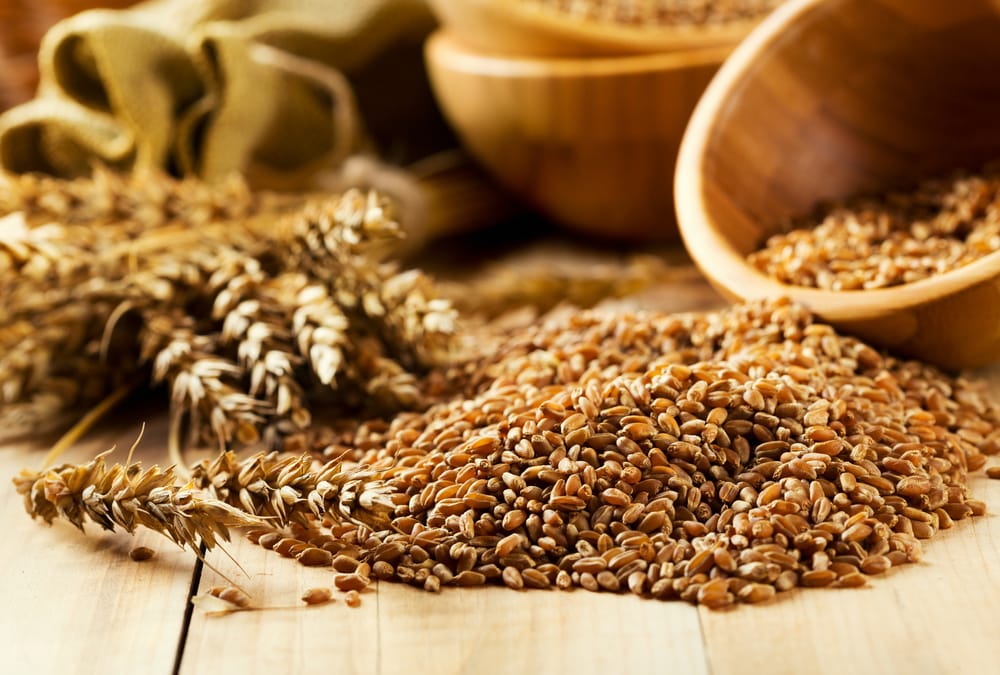How to Eat Smart on a Low-Carbohydrate Diet
Erin McCarthy, MS, RD
Low-carbohydrate diets have a long history and tend to gain traction in the media and with various factions every few years. The Atkins diet was once the most well-known low-carb diet, but then lost favor. More recently, the Paleo diet has risen in popularity. Many Paleo subscribers also follow a low-carb diet.
What’s a Low-Carbohydrate Diet?
Low-carb diets emphasize protein and fat while limiting carbohydrate foods in the diet.
Why are low-carbohydrate diets effective for weight loss?
When calories are restricted or an entire food group is eliminated from the diet, weight loss is a characteristic result.
Many common carbohydrate foods are highly processed and high in calories. They also tend to be lower in fiber, which can cause you to eat more in order to attain the same feeling of fullness.
Removing over-processed carbs decreases overall calorie intake, can improve blood sugars and make you feel better overall.
Are carbohydrates bad for you?
That said, we were designed to have carbohydrates as part of a balanced diet. Carbohydrates like high-quality whole grains, fruits and starchy vegetables are our bodies primary source of energy and provide quick fuel when the body needs it. Refined, processed carbohydrates, however, lack fiber and tend to contain more sugar. So, it’s a good idea to avoid refined carbs.
Should I go on a low-carbohydrate diet?
It depends on how you’re defining a low-carb diet. Swapping oatmeal for sausage is not the best choice. Swapping egg whites in place of a donut, however, is a great choice! Any time you switch out processed foods and sugar for quality lean protein and whole foods, you’re making a good choice for your health.
Low-carb diets tend to increase health risks when they involve a high intake of animal proteins and a low intake of fiber-rich foods.
Leading a Smart Carbohydrate Lifestyle
The ideal choice would be to follow a smart-carbohydrate lifestyle, rather than a restrictive diet that tends to have an expiration date. If you currently maintain a low-carb diet or would like to make better food choices, try this instead:
- Choose small to moderate amounts of high-quality carbs: Because your body naturally craves carbs, this is a more maintainable way to manage weight, feel better and make better food choices than avoiding carbs completely.
- Pair your carbohydrate foods with a lean protein or healthy fat such as nuts, non-fat plain yogurt or avocado. This will slow the absorption of energy from carbs to create a long-term fuel and stabilize blood sugar.
- Avoid an increase in calorie-dense meats and saturated fats. Choose lean proteins more often, like fish and skinless chicken or turkey breast. Low-fat dairy, beans and lentils can also be good lean protein options.
- Focus on plant-based fats like nuts, seeds, olives, olive oil and avocado.
Choosing High-Quality Carbohydrates
Here are some tips for choosing high-quality carb options:
- Whole grains are always a good bet: Stuff like quinoa, brown basmati rice, wild rice, amaranth, buckwheat, whole wheat, steel cut oats, barley, bulgur, rye, millet and teff. If you want to find out more about gluten, check our blog post explaining what gluten is.
- Choose flour products less often. When grains are ground into flour, the body does not have to do any work in digestion to absorb the energy. This can lead to blood sugar spikes. Flour products are also much more processed and have lower nutrient values than the original grain.
- Be mindful of serving sizes: One serving is typically between 1/3 to 1/2 cup.
- Fruits are part of a balanced diet. A diet rich in fruits and vegetables contributes to weight management, heart health, and disease prevention.
- Look for fruits that do a better job of controlling blood sugar. They are: apples, berries, tart cherries and pears. Don’t forget that 1 serving equals 1 medium apple or pear, 3/4 cup berries or 1/2 cup tart cherries.
- Starchy vegetables are all great whole food alternatives to refined carbs: These include butternut squash, sweet potato, yam, small red potatoes, peas, corn and winter squash. One serving is typically between 1/3 cup to 1/2 cup.








